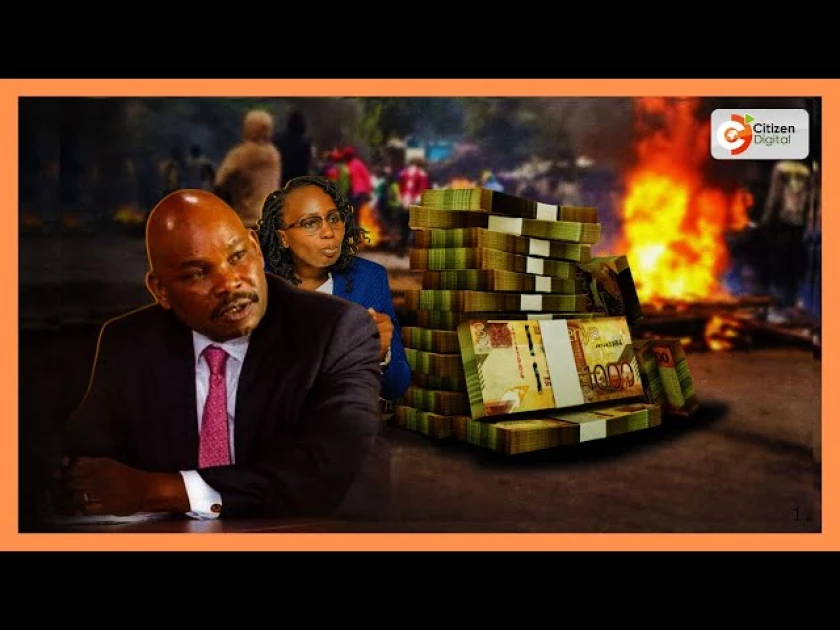Ruto’s 18-Member panel defends compensation plan for protest victims


Audio By Vocalize
In its submissions, the panel led by Professor Makau Mutua argues that for decades, victims of public unrest have had no proper path to redress forced instead to pursue expensive, drawn-out lawsuits few could afford.
“The President acted within the law and in good faith to respond to the cries of thousands who have suffered in silence,” the court papers read.
The experts insist the panel’s job is purely advisory to collect and verify data of genuine victims, work with agencies like KNCHR, IPOA, the National Police Service, and the Ministry of Health, and recommend reforms within 120 days.
“The panel does not pay or prosecute anyone. It only makes recommendations that will later be reviewed by the Treasury, Parliament, and other oversight bodies,” they said.
According to the panel, the initiative was born out of repeated calls from the church, civil society, and the opposition for the government to help victims of protest violence.
They compared the effort to past compensation programs for 2007/2008 post-election violence victims and internally displaced persons but said this time, safeguards have been put in place to block fake beneficiaries and ghost records.
The experts argue that the President acted within his constitutional mandate under Articles 131 and 132, which allow him to coordinate executive functions and establish advisory bodies.
“Creating taskforces or panels to gather facts and propose policy solutions is normal executive work — not an attempt to take over judicial or parliamentary powers,” they said.
They added that other countries, including South Africa, Nigeria, and the United States, have used similar systems to compensate victims of mass harm, showing the legitimacy of such programs.
Petitioners challenging the initiative claim it duplicates the roles of institutions like the Kenya National Commission on Human Rights (KNCHR) and could lead to misuse of funds or breach of privacy.
But the government has dismissed those fears, saying the process is guided by the Public Finance Management Act and the Data Protection Act to ensure every step is transparent and auditable.
Halting the panel’s work, they warned, would only punish victims who have waited years for justice.
“This process is not about politics,” the state said. “It’s about compassion, fairness, and healing for families who have suffered during protests. The process is legal, time-bound, and accountable.”reads the submissions


Leave a Comment